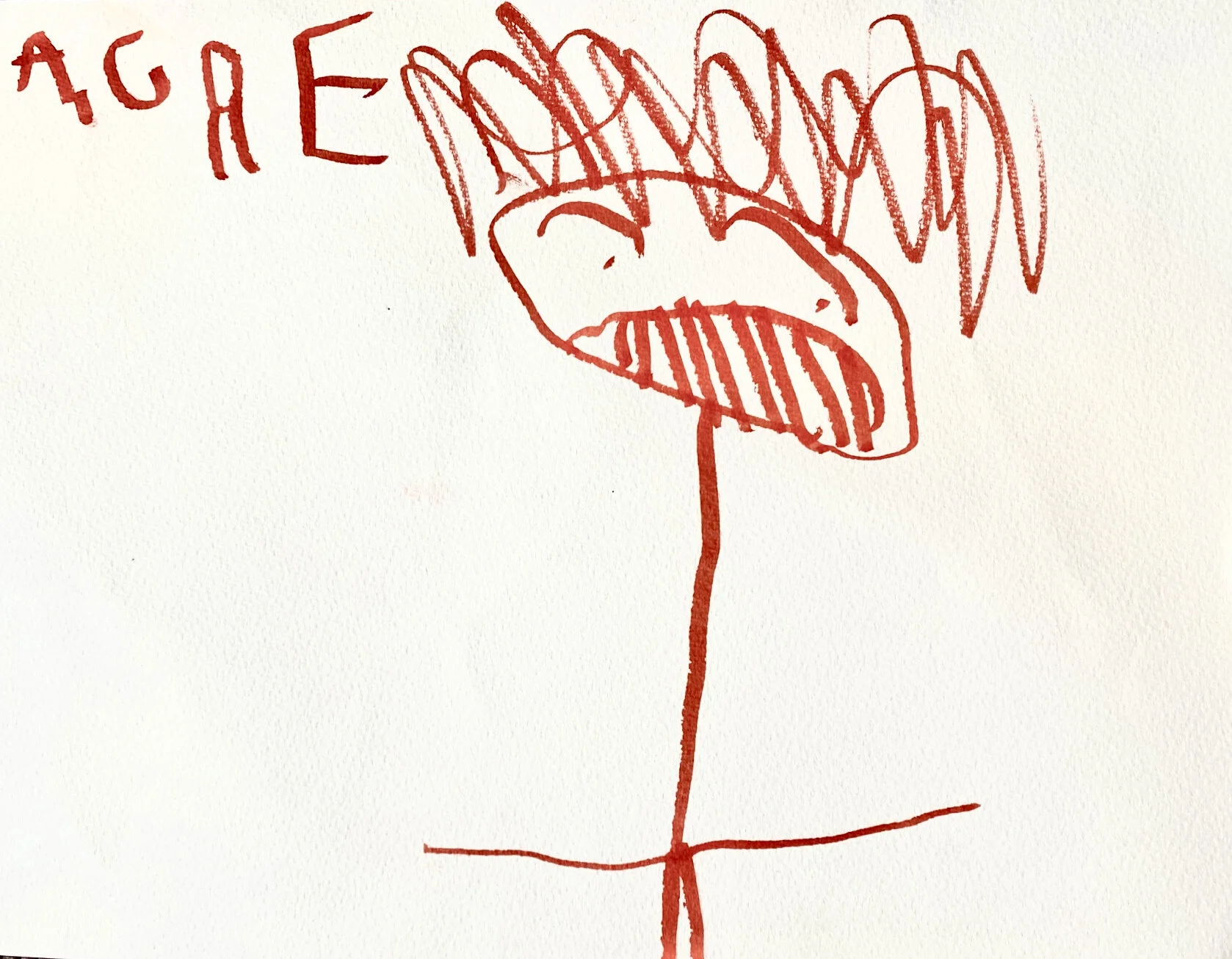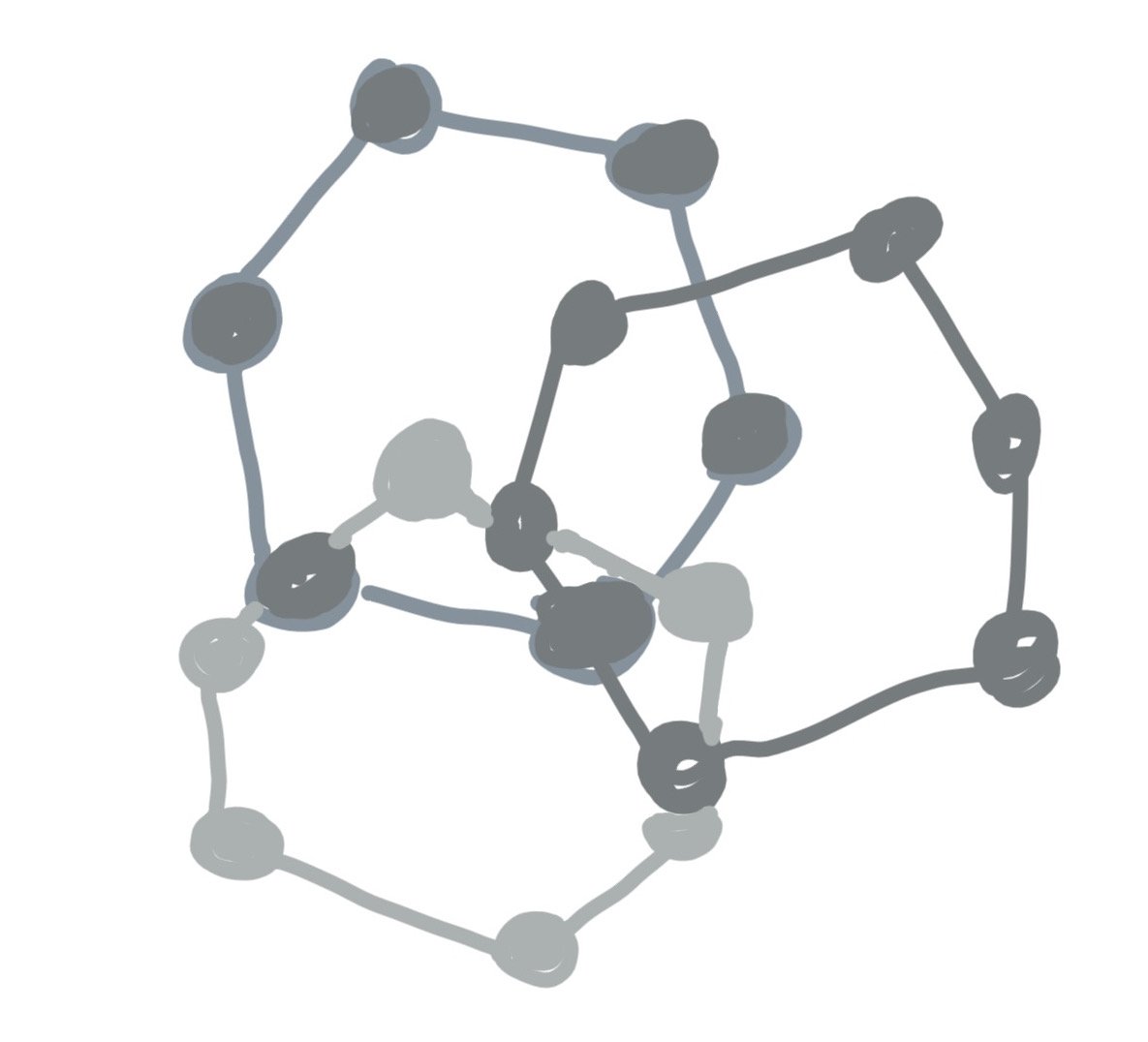Stuff I have been thinking about…
Leaders who are looking to build emotional intelligence wonder were to start. Studies show that increased “EI” leads to resonate leadership, ability to influence others, and results in a satisfying work culture of connection and performance. The second step in building your emotional intelligence is increasing your awareness of other people.
We learned that it is how people feel that makes a difference.- Nina, flight attendant
After having three successive flights canceled by a different carrier, I told our flight attendant, Nina, how happy I was to finally be heading home. Being the geek that I am, I shamelessly added that I was a big fan of Delta’s CEO, Ed Bastian.
Nina lit up. Ed, she told me, always took open questions from the flight attendants at the big Delta conferences she attends.
Emotional intelligence gets a lot of buzz. Leaders who are looking to build their skills are often told that leadership all starts with emotional intelligence. Indeed “EI” leads to resonate leadership, increased ability to influence others, and can drive a satisfying culture of connection and performance. But how do you actually build these skills?
While we are quick to embrace learning new technical skills, growing in ways that feel more tied to our sense of self can be tough.
This and the next three blog posts share ways to go about building emotional intelligence skills.
Today’s American workplace is all about the team. In the past sixty years offices have shifted from individual suites to oceans-of-cubicles to what we have now: open spaces with moveable, adjustable desks and floor-to-ceiling white boards. Throw in espresso machines and a ping-pong table and it is clear that we have built veritable arenas of collaboration. People are sent a strong message: Work as a team! But the problem is most people don’t why. Or even how.
Teams can hinder. They can represent massive amounts of locked-up potential. Lack of common purpose, inability to address differences, and pig-headed members who don’t look beyond their own agenda abound. But the opposite is also true. High performance teams harness the collective creativity, learnings, and energy of their members. They do what no one person can do. Great teams are multipliers.
I like soliciting anonymous questions from classes I teach or groups I speak to. I think it is a great way to gather insight into what is really on people’s minds. Here is another question from a recent audience of undergraduate engineers:
Q. How can I improve myself as a leader?
A. Excellent, excellent question. This question is the first step. Kudos for asking it!
We all start with a different mix of skills that are determined by an amalgamation of our family life, our personality and the cultural context in which we were raised. But note, this does not mean our fate is sealed. Leadership abilities are cultivated, and not just when we are little whippersnappers.







The guy unloading the large delivery to our driveway was clearly skilled with the forklift. I watched him, remembering how when my boys were little they looked upon the guys maneuvering equipment with awe. Heros.
Carefully setting down the pallet, he jumped out of the cab and approached me. Now, if you know me you know I ask a lot of questions. "So, are you incentivized for less damage or quicker delivery?" I asked with a smile. "Actually, neither, and it is a PROBLEM," he answered.